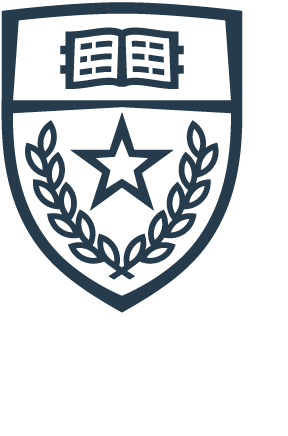Submitted by Lauren Cotton on

Co-written by Bettina Mateo and Lauren Cotton
As society’s reliance on technology increases, computer scientists are now placed at the forefront of new and unique ethical decisions. However, most computer science curriculums don’t require a substantial education in ethics. This can be a troubling thought since a lack of educational discussion on ethical issues can lead scientists to be unaware of the consequences and repercussions of their creations.
In an interview with Joyce He, a Computer Science and Business (CSB) honors student and co-founder of ACM for Change (an organization addressing ethics and mental health in the tech industry), she expressed worry about the lack of conversation surrounding ethics in computer science. She described how “it was scary for us to realize how much power tech could have and how if you don’t make tech with an ethical standpoint, you could cause a lot of danger in the world.” During her sophomore year, she and other CS students started to have weekly talks about their experiences navigating the tech industry. They noticed that most of the issues they faced stemmed from a lack of understanding of ethics within the community.
Professors and students alike are taking the initiative to promote ethical discussions within the computer science department. One of the key advocates for promoting ethical teaching within CS is Karen Landolt, J.D. who teaches an upper-division Behavioral Ethics course offered to both computer science and business students.
Landolt’s course explores “real-life ethical dilemmas, our decision-making processes, and ideal behavior for the future.” Not only are students presented with various frameworks for ethical decision-making in a classroom setting, but through the course’s Academic Service Learning component, students apply these frameworks to real-world problems impacting underserved communities. One student, who took the course in Spring 2017, remarked that the course “made me evaluate how I approached ethical issues in my life.” Dr. Alison N. Norman (CS professor and faculty lead of the justice, equity, diversity, and inclusion committee) also sees the value in Landolt’s teaching. She explains that many people “think that being ethical is easy---and it is until it isn't. Learning how to recognize when a decision may lead down a bad path is a skill, and Professor Landolt is helping students develop that skill in her class. ”
Professor Landolt’s background as a lawyer made her astutely aware of a major difference between the legal field and the worlds of business and computer science, she explained how within the tech industry “there is no systematic board or organization that requires them to consider the ethical implications.” As such, Landolt sees it as her duty to prepare her students to think before they act.
The undergraduate curriculum committee within the department has also sought to provide more initiatives for teaching ethics to CS students. One important initiative is the inclusion of a Social Impact Stamp in the curriculum. This stamp is designed to raise a student's critical consciousness—their understanding of how computer science intersects with the social forces that shape the world, their ability to identify potential for misuse of computer science to perpetuate social injustices, and their awareness of their agency to change those injustices. It will include classes like CS310F Ethical Foundations in Computer Science, CS349 Contemporary Issues in Computer Science, and CS173G, a Social Impact capstone that will be offered in 2023.
While it might take a while before ethical education is standardized within the CS curriculum, it is important to recognize and appreciate the effort that students and professors alike are taking to promote a more inclusive and understanding environment for CS students to learn to be better people as well as better scientists.







